Anthony Albanese’s ‘fair dinkum’ push on massacres
Anthony Albanese says ‘truth-telling’ on the atrocities faced by Indigenous people should be part of learning about Australian history.
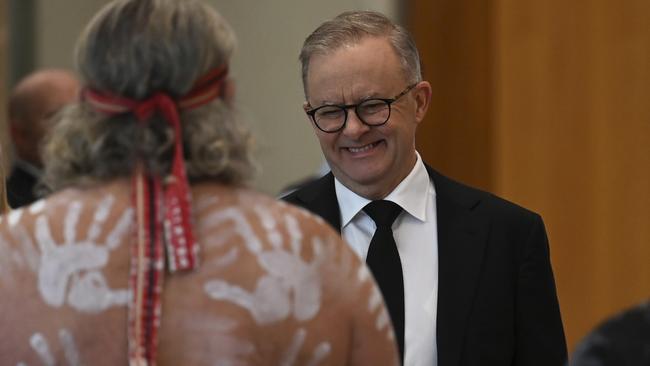
Anthony Albanese says children should be taught at school about the massacres of Indigenous people by British settlers as he pushes for Australians to have a “fair dinkum” knowledge of history.
The Prime Minister said “truth-telling” on the atrocities faced by Indigenous people should be part of learning about Australian history, but it should be done in a way that avoided shaming people of British descent.
“Part of learning about our history is truth-telling as well,” Mr Albanese told 4BC radio.
“And the truth is that Indigenous people suffered a lot. Not all, but many did. Massacres occurred. And we need to be truthful about that, not as a way of being shamed but just as being fair dinkum.
“It is the Australian way.”
When asked whether this should be part of the school curriculum, Mr Albanese said: “Absolutely”.
The overhauled national curriculum released in May included a new “deep time” strand focusing on Aboriginal and Torres Strait Islander history and the impact of European arrival, including the concept of an “invasion’’.
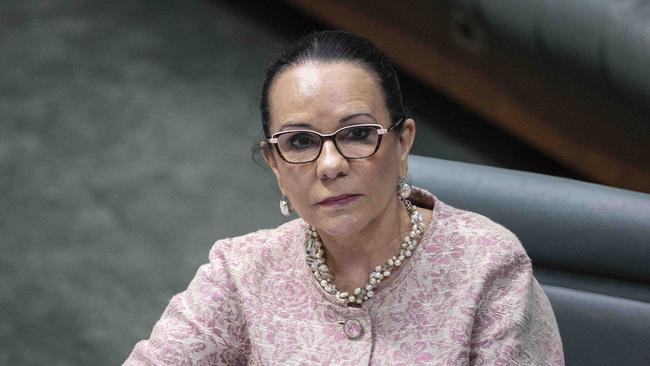
Under the government’s commitment to the Uluru Statement from the Heart, a Makarrata Commission will be established to oversee treaty agreements and “truth-telling about our history”.
In a speech to the World Indigenous People’s Congress on Monday, Indigenous Australians Minister Linda Burney outlined the massacres endured by the Wiradjuri people of NSW.
“The story of invasion and conquest for the Wiradjuri is a brutal one,” Ms Burney said. “The horrific poisoning (of) waterholes and flour began in Wiradjuri country.
“Massacre sites are dotted all over my lands. The scars are evident for all of us to see.”
Mr Albanese said he was confident the key plank of the Uluru statement – a constitutionally enshrined voice to parliament – would be realised in this term of parliament.
Consultation will begin this week with a working group of 20 Indigenous Australians who will provide the government with advice on how to progress a referendum, including a date on when it should be held.
“I want to make sure that the voice to parliament isn’t my proposal, it’s our proposal,” he said.
“It’s Australia’s proposal. I want to embrace people for as much support as possible. We know how hard it is to get a referendum up.”
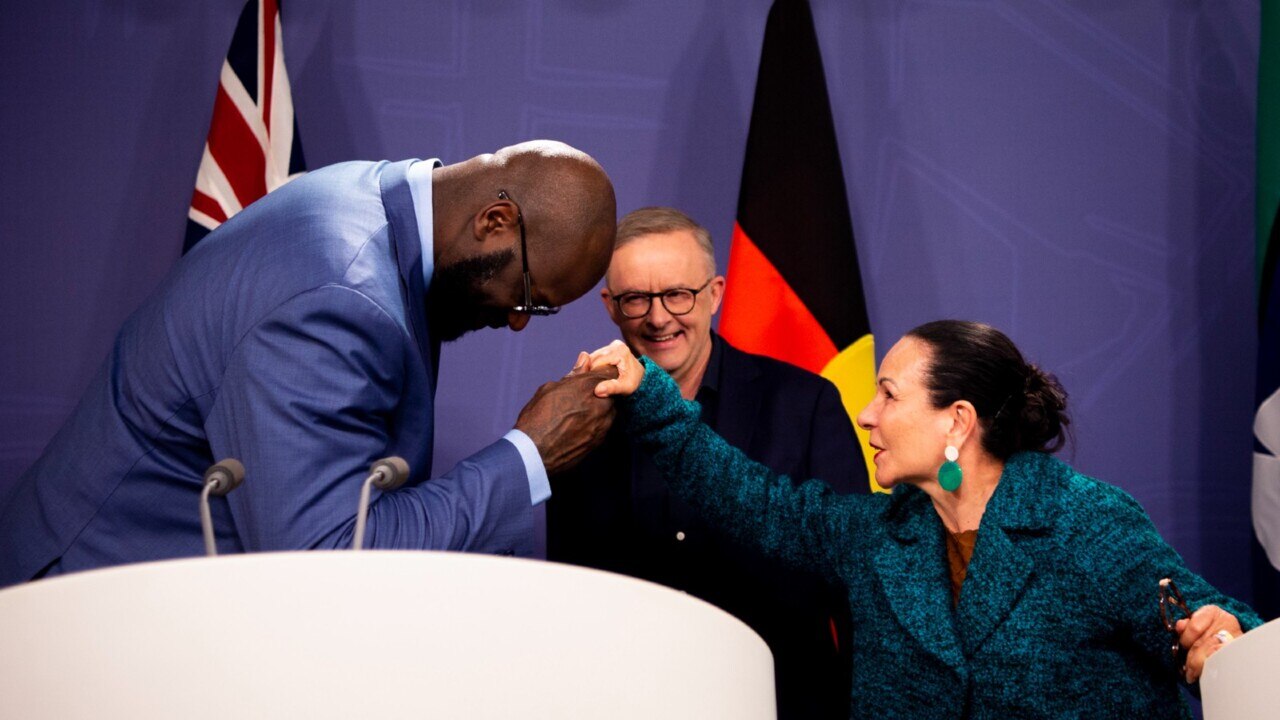
Ms Burney on Sunday said a voice to parliament would advise on issues such as domestic violence, housing, childcare, land rights and other policies that have a “direct effect” on Aboriginal Australians but not in areas such as defence or taxation.
In her speech on Monday as a nationwide advertising campaign on the voice was launched, Ms Burney flagged reforming the Referendum Machinery Act ahead of a referendum enshrining the proposed body in the constitution.
“Essentially, it’s outdated and needs to be refreshed,” Ms Burney said. “The act does not contemplate the broad digital communications so common in contemporary Australia.”
Ms Burney said it had been 23 years since a referendum was held and 45 years since one had succeeded.
“The voice referendum will be the first held in the digital age,” she said.
“In 1999 during the republic referendum, YouTube, Facebook and Twitter did not exist.
“And just 1.5 million Australian households were connected to the internet. Today, around 23.5 million Australians use the internet each day.”
Liberal senator Andrew Bragg called for a parliamentary inquiry into the proposed referendum on the voice.



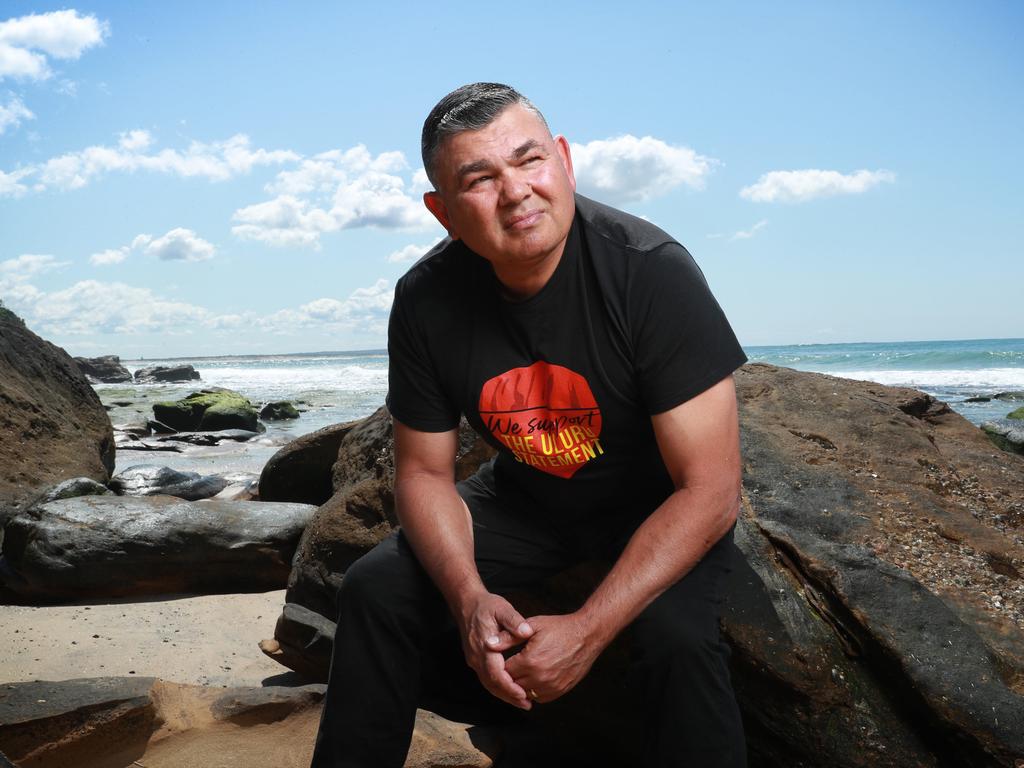

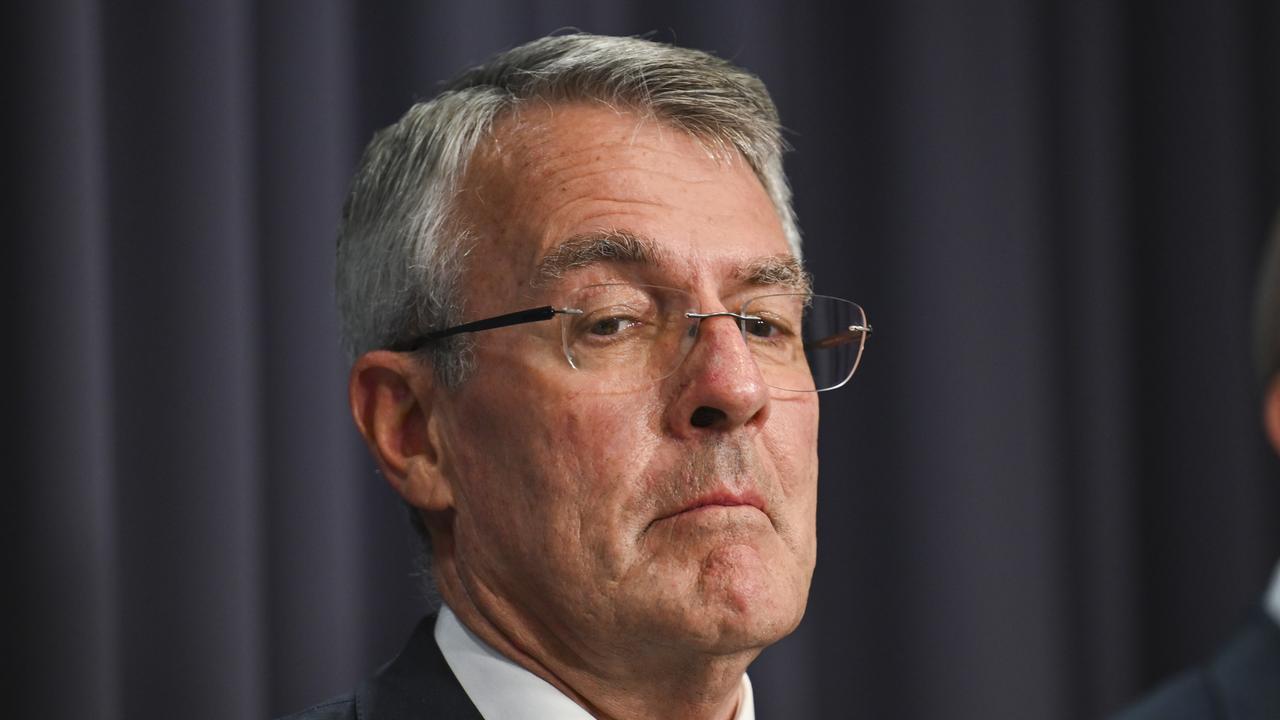
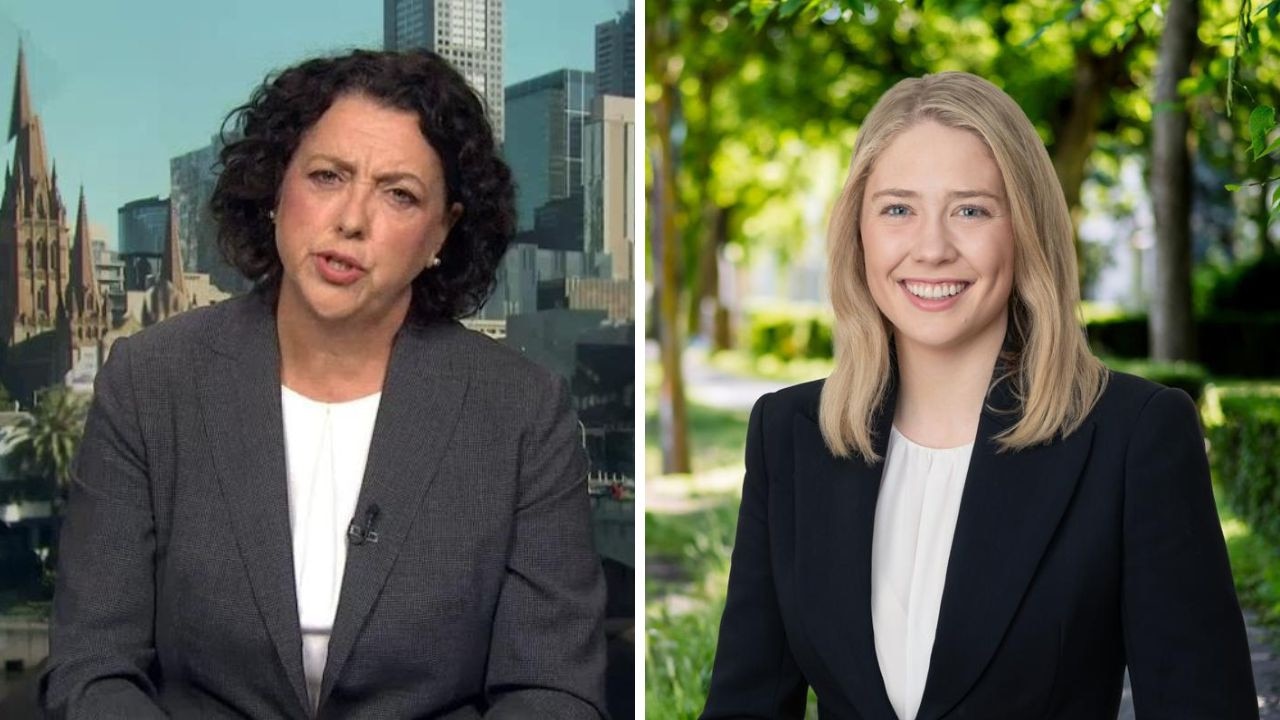
To join the conversation, please log in. Don't have an account? Register
Join the conversation, you are commenting as Logout